Dr. Sanjiv Chopra discusses why 2-4 cups of coffee (or more!) can be such a powerful ally in the fight against liver disease.
I recently had an opportunity to sit down with Dr. Chopra to discuss the health benefits of coffee - including its amazing disease-preventing properties. Sanjiv Chopra, MD, is a professor of medicine, former faculty dean for Continuing Medical Education at Harvard Medical School and renowned author.
Livers Aren’t Just Mere Filters for the Things We Eat and Drink
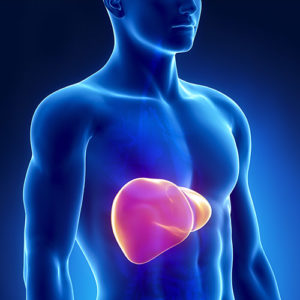
Yes, this 3 lb. gland wedged beneath our ribs is responsible for processing everything we put in our mouths, but those are some intense, diverse processes; they are our built-in detoxification systems that put green smoothies to shame; they produce the bile necessary to digest our food; they store glycogen, which fuels our muscles, and regulate its release. That’s a lot of activity for one organ to handle. And considering it’s the second largest organ in the human body (skin is #1), we ought to care about how it holds up under the pressure.
Liver Disease and the Risk Factors Involved
A night of drinking can—in jest—be described as “punishing” the liver, but can lead to some very not-funny problems like liver cirrhosis and cancer. Weight gain from rich foods and sugar can also lead to liver problems such as nonalcoholic fatty liver disease. And too much grease can lead to painful gallstones in the gallbladder—an organ whose function is also inextricably linked to liver health (bile production).
Put simply, liver disease often follows a progression where first the liver becomes interspersed with excess fat cells (both in cases induced by alcohol and non-alcoholic). This “fatty-liver” condition can damage the liver, leading to scar tissue building up around the organ and getting in the way of all the important tasks it’s supposed to do. The scarring is one of the main attributes of liver cirrhosis. Often fatty liver and cirrhosis can progress to liver cancer, which kills one million people worldwide every year.
Weight gain from rich foods and sugar can also lead to liver problems such as nonalcoholic fatty liver disease. And too much grease can lead to painful gallstones in the gallbladder—an organ whose function is also inextricably linked to liver health (bile production).

One might think that any of the foods that non-diet-gurus enjoy would be on the liver’s no-go list—that “fun” food and drink would be off limits. However, according to Dr. Sanjiv Chopra, professor of Medicine at Harvard Medical School,
“Coffee drinkers have a lower risk of developing cirrhosis, cancer of the liver, and type 2 diabetes.”
And thousands of epidemiological as well as laboratory studies conducted across the globe corroborate his statement.
As it turns out, a substance that has spent years lumped into the “vice” category with bedfellows like cigarettes and bourbon is actually one of the keys to happy hepatic function. Study after study shows the same thing: our livers loooove good coffee. And lots of it.

Studies About Coffee’s Effect on Liver Disease
It all began with simple observation that prompted an epidemiological study: it seemed like people who drank coffee were less likely to develop cirrhosis of the liver. Dr. Arthur Klatsky then led a study, casting a wide net across 125,580 people from all ethnic backgrounds who volunteered information about their health habits voluntarily through their insurance plans. The study spanned 22 years and its results were first published in 1992 and then updated in 2006. Using the self-reported data, researchers found out that their hypothesis wasn’t just a hunch: the statistics overwhelmingly indicated a correlation between freedom from cirrhosis of the liver and a hefty daily dose of java. In fact, it noted that people who drank alcohol heavily reduced their chances of getting cirrhosis by 40 percent drinking 2 cups of coffee per day, and by 80 percent if they drank 4 cups per day.
Don’t drink coffee “just in moderation”, says Dr. Chopra, “drink a lot of it! The more coffee you drink, the better the health benefits.”
Even a 2015 study released by the United States government through meta-analysis of multiple studies reported “significant inverse association between coffee consumption and liver cancer risk seen in both case-control and cohort studies (after adjustment for existing liver disease)” and “risk of hepatocellular carcinoma was reduced by 40% for any coffee consumption versus no coffee consumption.”
In response to the findings of Dr. Klatsky’s study, scientists set out to draw the lines connecting coffee and liver health in a lab setting. From São Paolo, Brazil, to Xian, China, studies worldwide confirmed the inverse relationship between coffee and different liver diseases. One study used a chemical called CCL4 to induce liver fibrosis (fibrous scarring on the liver) in rats, while simultaneously feeding one group coffee while not giving the control group any coffee. The results of the experiment proved that coffee was directly inhibiting the effects of CCL4 on the rat’s livers and keeping them from developing fibrosis.

Before you start sending out invitations to your next keg party, however, here’s a friendly reminder that excessive alcohol intake can hurt much more than your liver—your brain, your stomach lining, your relationships, and your career, for instance. So continue to drink alcohol responsibly. The best defense against alcoholic liver damage is still laying off the booze.
The Secret Ingredient
If we were to make the conclusion that coffee is little more than a delivery system for caffeine, the studies above might lead us to believe that caffeine is the key to liver health. However, studies have shown a distinct advantage of regular coffee over decaffeinated coffee, but also an advantage over caffeinated tea in improving liver health. In a 2012 Brazilian study, rats were given a liver-damaging substance called thioacetamide, and some were given water, some decaffeinated coffee, some .1% caffeine, and some regular coffee. In the end, the rats who were given .1% caffeine and regular coffee had the healthiest livers with the least signs of liver damage. It was also discovered that there were lower levels of liver enzymes in their blood, which is also indicative of a healthy liver.
There’s another thing that coffee has more of than any other type of food—including tea—and certainly more than any other type of food in the standard American diet: antioxidants.
Coffee, particularly coffee that’s roasted to just the right level, is chock-full of CGAs. CGAs—aka., chlorogenic acids—are some of the most effective polyphenol antioxidants for the human body.
Antioxidants such as CGAs are responsible for helping prevent or treat inflammation in the body: a flaring up of different internal tissues that can get in the way of healthy bodily functions. Reduced inflammations heals your organs and keeps them from getting the scarring and other damage that characterizes liver disease. Choosing healthy antioxidant coffee is one way to maximize these protective benefits for long-term liver health.

"Americans get more of their antioxidants from coffee than any other dietary source. Nothing else comes close. Although fruits and vegetables are generally promoted as good sources of antioxidants, the new finding is surprising because it represents the first time that coffee has been shown to be the primary source from which most Americans get their antioxidants." - Researcher Joe Vinson, PhD Professor, University of Scranton
The good news is, something that many people consume every day is the very thing that can help stave off serious health problems like liver cancer. Without even “trying to be good”, by eating kale and slurping wheat grass shooters, one can get a hefty daily dose of health-preserving antioxidants first thing in the morning. When you drink three to four cups of (healthy) coffee per day, especially if that coffee is roasted to maximize antioxidants the way Purity Coffee is, that can act as the delicious health supplement you need to support your body’s second biggest organ.
"You’re doing your liver a big favor,” Dr. Chopra says, “ coming from me, a liver specialist, that is high praise indeed.”



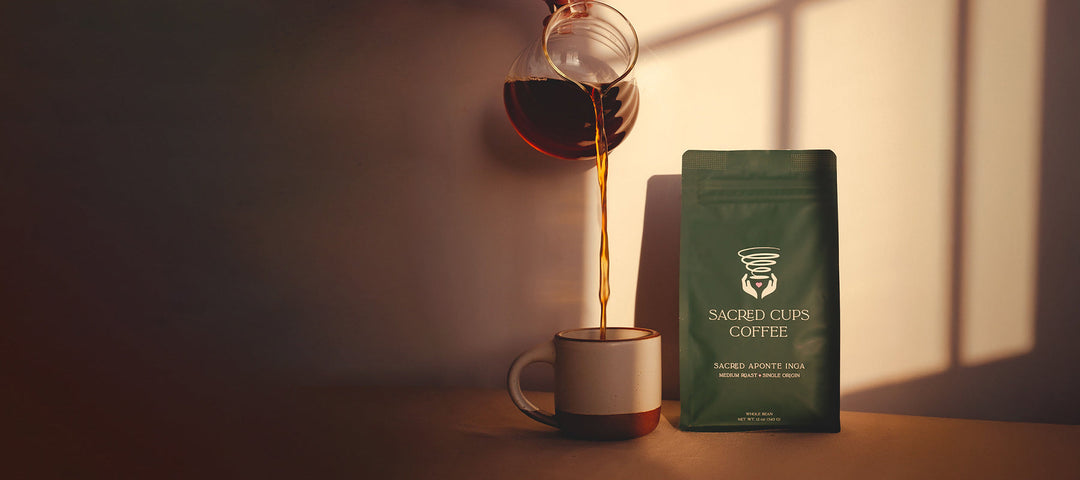
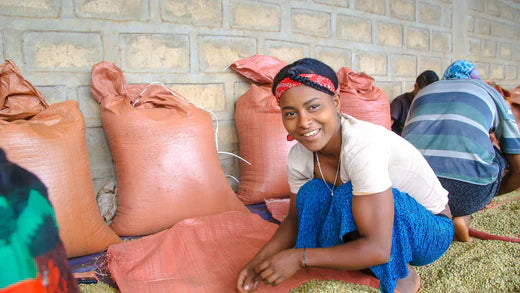

Leave a comment